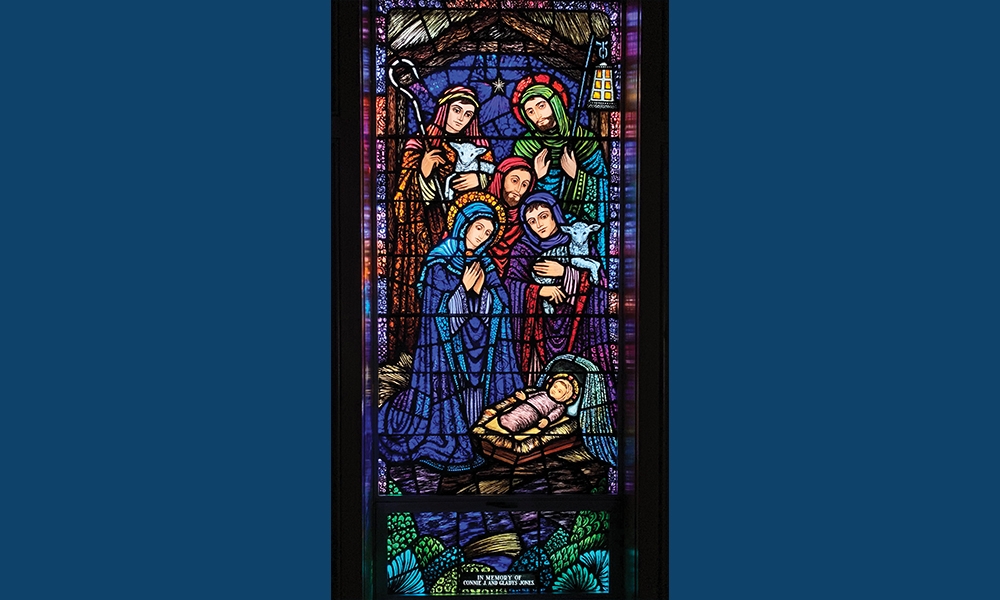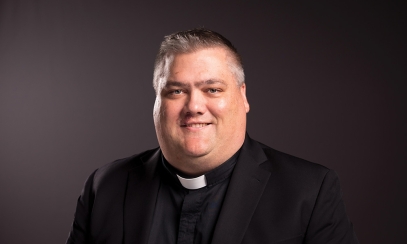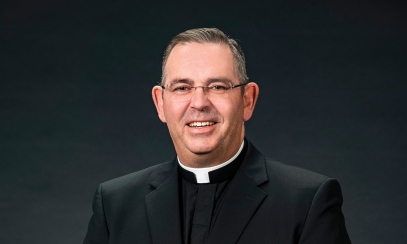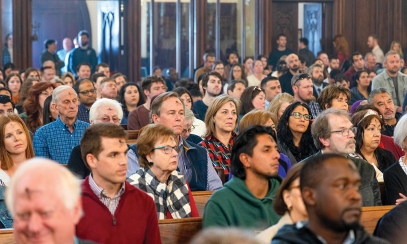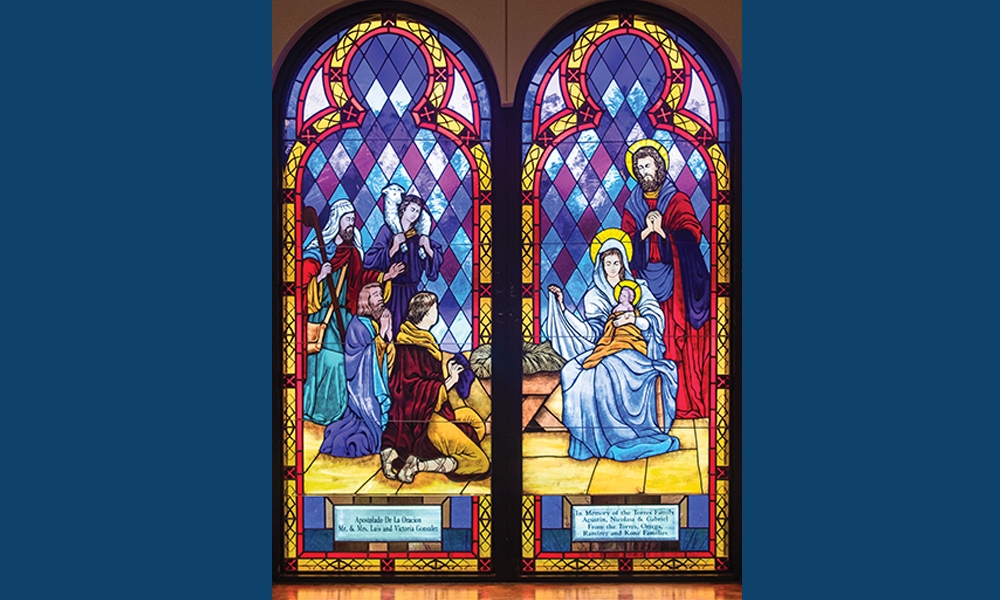
Celebrating the opportunity to grow in faith
Editor: Bishop Vásquez, we have been doing these monthly interviews for many years now, but one thing we have never discussed are holy days of obligation. What are holy days of obligation?
Bishop Vásquez: Holy days of obligation are special celebrations during the liturgical year. These days commemorate a specific mystery of the person of Jesus Christ, our Blessed Mother or the saints. On these days, we are obliged to attend Mass to deepen our faith and enter into the mystery of what it means to be a Christian.
The first precept of the church is to attend Mass on Sundays and on holy days of obligation. This precept asks the faithful to sanctify the day commemorating the Resurrection of the Lord (Sundays) as well as the “principal liturgical feasts honoring the Mysteries of the Lord, the Blessed Virgin Mary, and the saints … by participating in the Eucharistic celebration.” (CCC, 2042)
For example, Christmas is a holy day of obligation in which we enter into the mystery of Christ, the Son of God, the second person of the Blessed Trinity, becoming human. As we celebrate this mystery of the Incarnation, we ask ourselves: What does this mean for us? How is this part of our salvation? What does it tell us about our own future being made in the image and likeness of God? So on this holy day of obligation, we have the opportunity to grow closer to Christ and deepen our love and understanding of the mystery of his incarnation.
Editor: What are the other holy days of obligation?
Bishop Vásquez: Well, we have five: The Solemnity of Mary, Mother of God on Jan. 1, the Assumption of the Blessed Virgin Mary on Aug. 15, All Saints Day on Nov. 1, the Solemnity of the Immaculate Conception of the Blessed Virgin Mary on Dec. 8, and Christmas on Dec. 25. Many will remember that the Feast of the Ascension (40 days after Easter) was once a holy day in the middle of the week, but that feast has been transferred to Sunday, so that more people are able to join this celebration.
Also, as I said before, all Sundays are holy days of obligation. Christ rose from the dead on Easter Sunday, and it was on a Sunday that the Holy Spirit descended upon the disciples and founded the church. Therefore, each Sunday is a day for us to rejoice and to celebrate the Eucharist as a community of faith.
Editor: What does the term abrogate mean when it comes to holy days?
Bishop Vásquez: Abrogation simply means that the obligation has been suppressed and the faithful are not obligated to attend Mass on that particular day. Whenever Jan. 1, the Solemnity of Mary, Mother of God, or Aug. 15, the Solemnity of the Assumption, or Nov. 1, the Solemnity of All Saints, falls on a Saturday or on a Monday, the precept to attend Mass is abrogated.
Christmas is on a Monday this year; however, it is not abrogated. Christmas must be celebrated because it is a central moment in our salvation history. This year we will celebrate the fourth Sunday of Advent on Dec. 24 and celebrate the birth of Our Lord on Dec. 25.
I ask the faithful to remember that these are two separate obligations: we must celebrate the Eucharist on Sunday (or the Saturday vigil) and we must celebrate the Eucharist on Christmas (or Christmas Eve). Of course, typically we have three or four days in between the fourth Sunday of Advent and Christmas to get our churches ready for this great feast, but not this year! Nevertheless, we are blessed to be able to celebrate together the moment in which the Son of God humbled himself, became human, took on our nature to save us.
Editor: As we enter the new liturgical year and prepare to celebrate Christmas, what's your prayer for the people of God?
Bishop Vásquez: I pray our people will enter more fully into these celebrations of our faith. May we not see them simply as obligations, but as moments to deepen our Catholic faith and our love for Christ, our Blessed Mother and the saints. May we live in a way that shows others that though we live in the world, we don't belong in the world, our final home is in Heaven. May our lives be a testament of our belief in the love of the Father, Son, and Holy Spirit. Amen.
Bishop Vásquez is the fifth bishop of the Austin Diocese, which is home to more than 700,000 Catholics. For details, visit the diocesan website at austindiocese.org.

